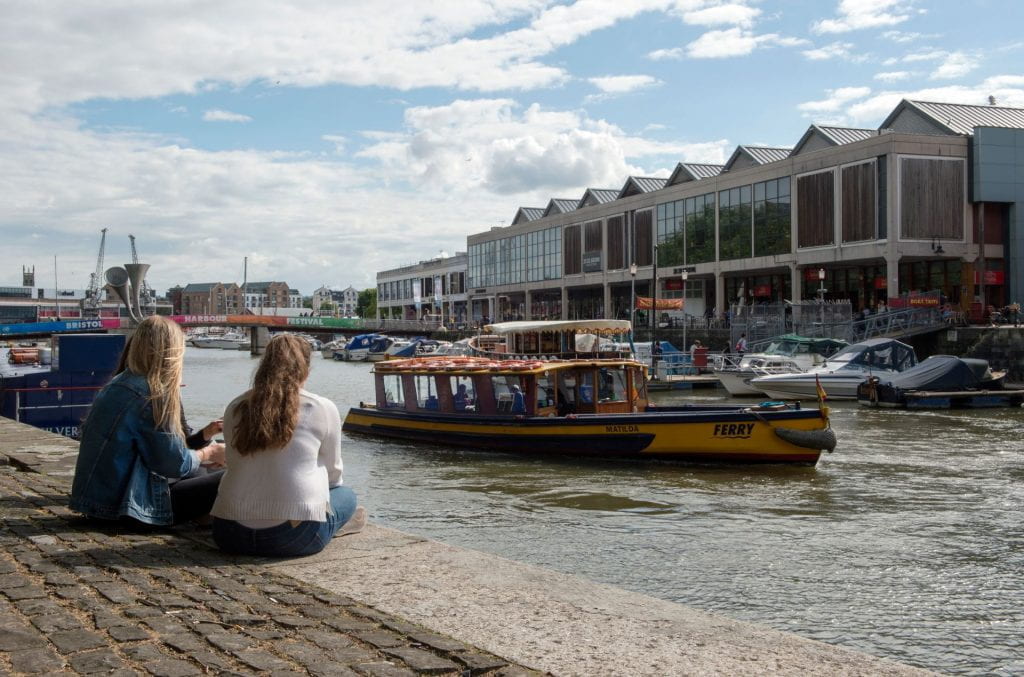This blog was written by University of Bristol Student Counsellor, Natalie Read. Natalie has been a counsellor for 14 years, working both at the University and in private practice. She’s worked with students and non-students of all ages, backgrounds, nationalities, all with different reasons for seeking support.
The importance of self-acceptance, resilience and happiness
We all strive for happiness but aren’t always successful in achieving this. If we’ve experienced hurt, rejection, failure and other similarly painful situations, we may naturally try to avoid these in future. This can lead to strategies such as overworking, pleasing others, perfectionism and other unhelpful coping strategies. Whilst well intended, these strategies are ineffective in the long-run and come with unhelpful side effects. Trying to be somebody we’re not or trying to control life is like trying to be superhuman.
Instead, working towards self-acceptance and acknowledging your humanness offers a happi
er and healthier path with greater odds of success. Self-acceptance is learning to understand yourself, your feelings and accepting that every human being has strengths and areas of development. You’re more likely to practice self-care, have self-compassion, give yourself opportunities for success and radiate a confidence which is magnetic to others. This helps you feel more optimistic about the future, improve relationships and, build resilience to overcome difficulties.
My top five tips for achieving self-acceptance, resilience and happiness:
- Go with the flow of life – like the weather, life naturally has ups and downs. Judging yourself or avoiding what you’re facing adds layers of difficulty on top. By acknowledging challenges are part of life and happen to everyone, you give yourself less of a hard time and navigate them more easily.
- Build self-reflection – noticing your levels of energy, stress, productivity and happiness can help you respond rather than react to situations and make happier choices.
- Understand feelings come and go – we interrupt this process with good intentions i.e. trying not to feel them or by judging them – what’s wrong with me, how long will this last? Acknowledging that feelings are a natural part of being human and finding an outlet for them can help.
- Develop self-compassion – work on self-acceptance, a kinder inner voice and measure yourself by your effort and intention rather than the outcome.
- Build resilience – identify any hidden blessings behind challenges- how you developed or strengthened something in yourself, moved onto a new path or attracted new people into your life. This helps you realise you are stronger than you think and prepare for what could help next time.
My advice for students who may be struggling during these uncertain times
Know that you are not alone at finding things difficult – this is a common misconception that comes up in counselling. Despite appearances, no human being is immune to facing struggles or difficult emotions. Opening up to someone you trust can help you to feel not alone and also helps them by giving them permission to do the same. Alternatively seek support from Wellbeing Access who will direct you to the most appropriate person who can help.
Being Human – the path to self-acceptance, resilience and happiness by Natalie Read is available on Amazon, Barnes and Noble, Kobo and all major retailer websites.



